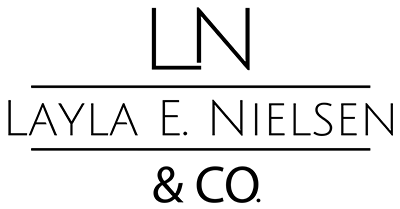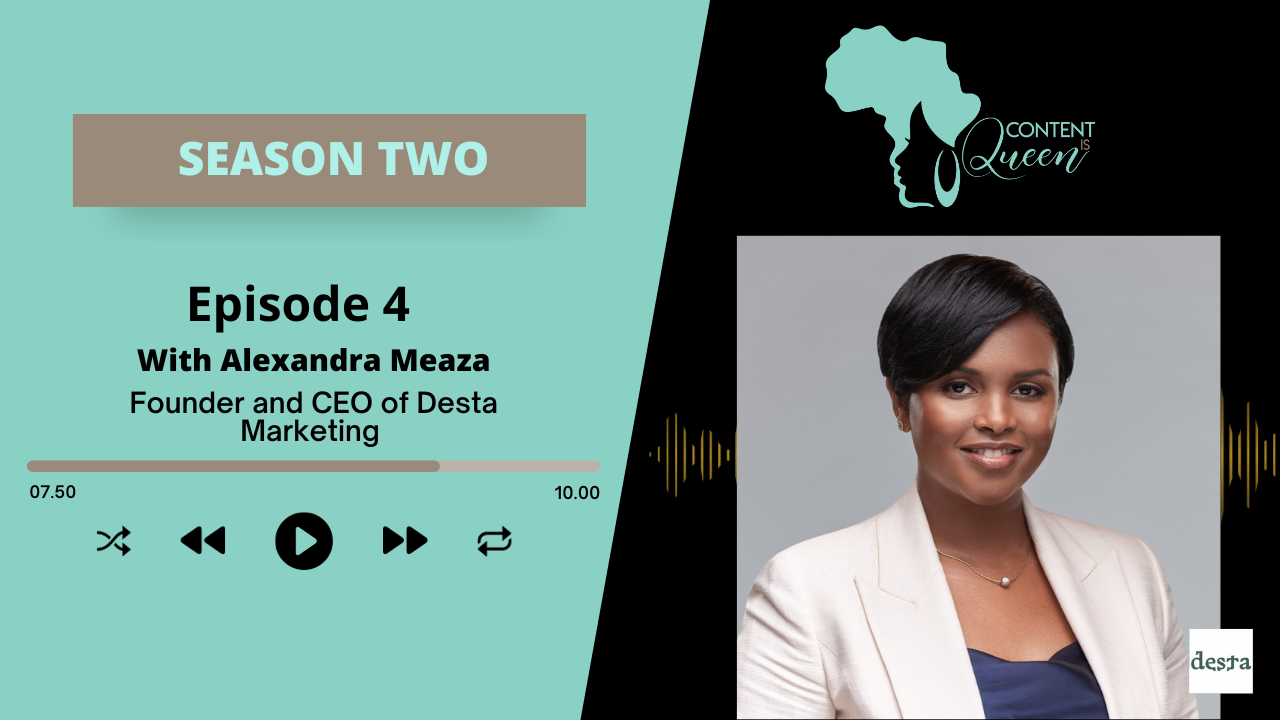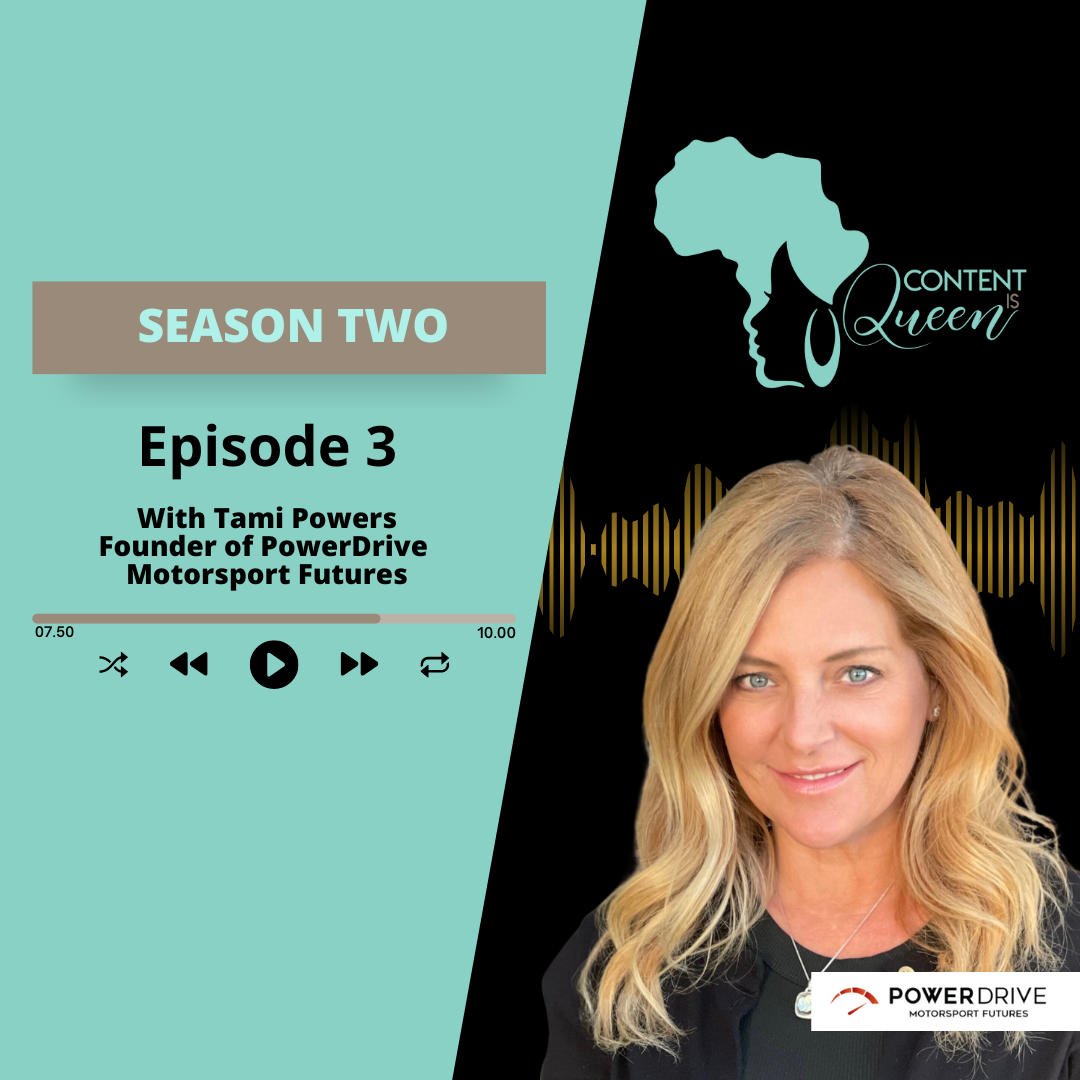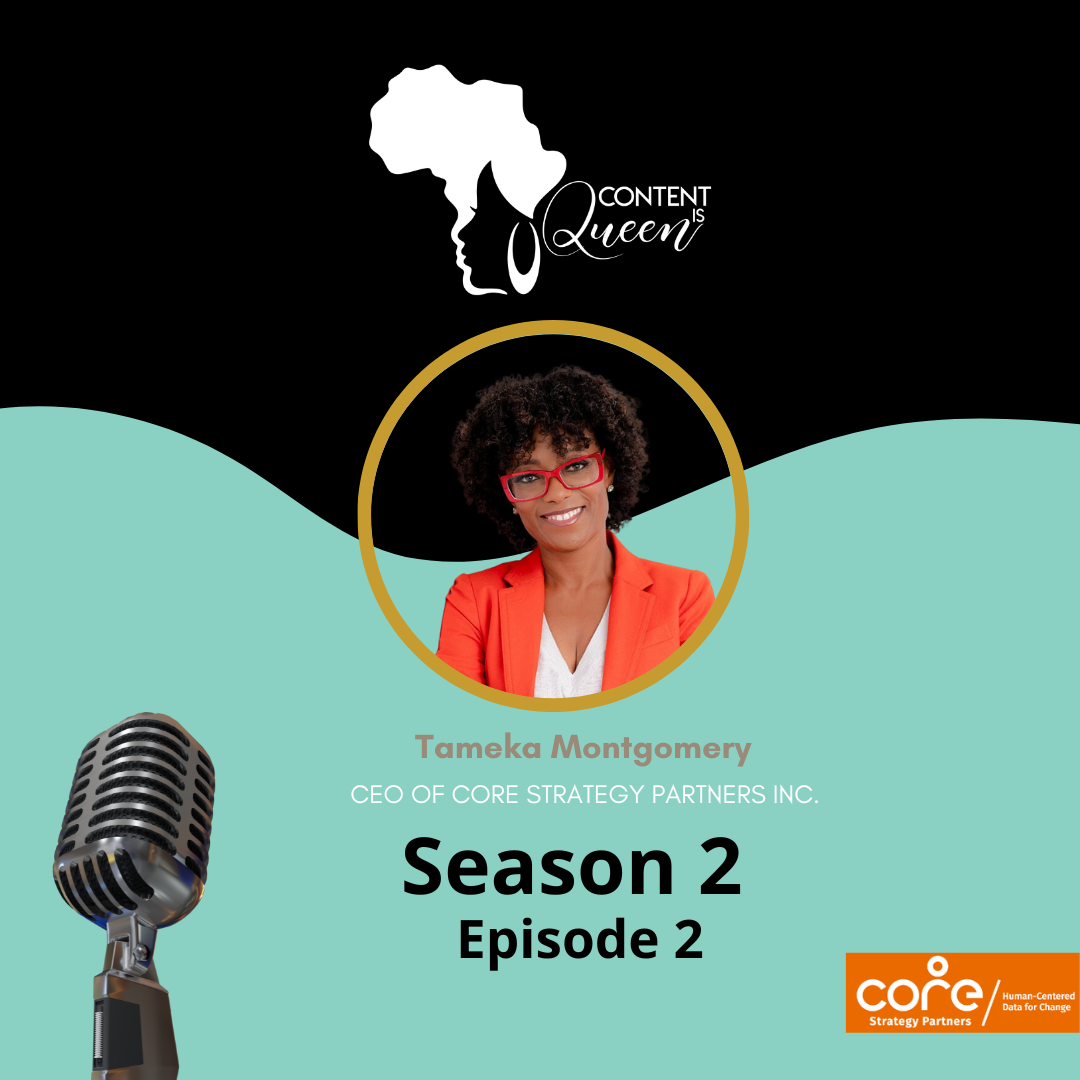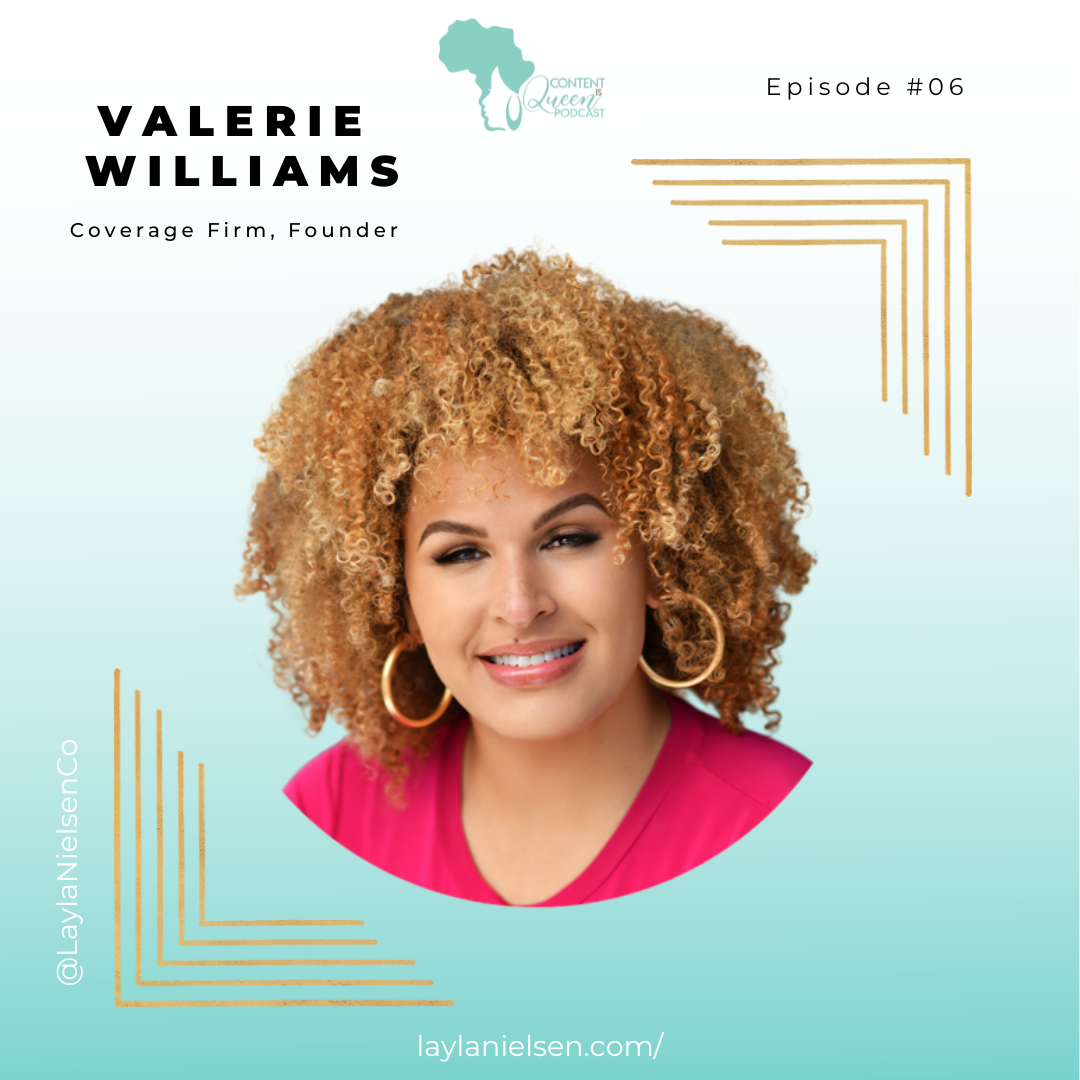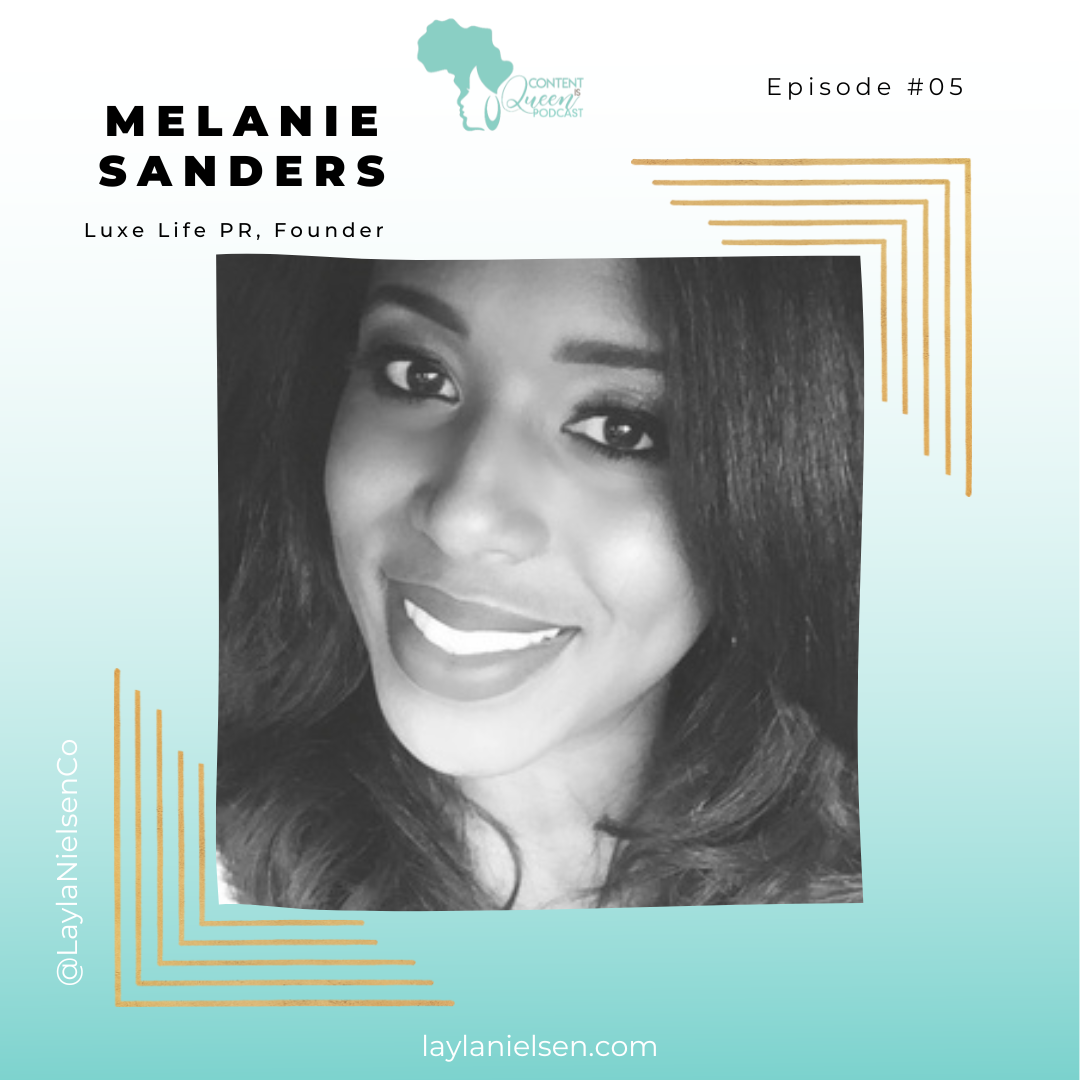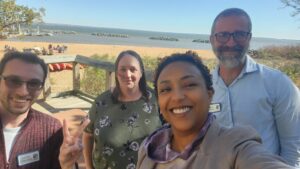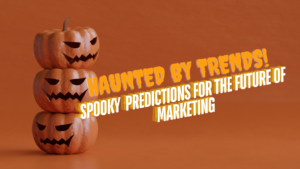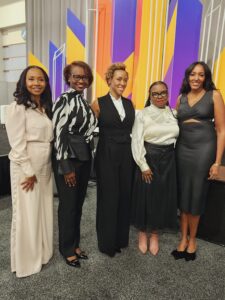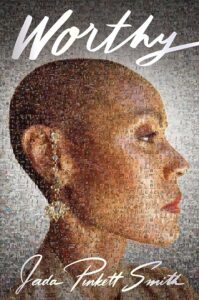
- Podcast
Dr. Ashley Marshall and Attica Scott
Welcome back to Content is Queen Podcast SEASON TWO. On this episode, we have a special treat for you! Dr. Ashley Marshall and Attica Scott join us from the Forward Justice Action Network – two incredibly inspiring women who started a powerful movement. Learn more about their mission, how they got their start, and highlight some of the amazing work they’ve done to promote racial, social, and economic justice in the US South. So let’s dive into it! So tune in to hear how this dynamic duo used content to spread their message far and wide!
Layla Nielsen:
Welcome. Welcome to a new episode of Content is Queen. I have some spec al guests in the house today. I’m super excite . We are talking to Dr. Ashley Marshall and Attica Scott. They are a part of an amazing organization called Ford Justice Action Network, which was founded in 2019, are a 501 organization that engages in education and advocacy activities to promote political and grassroots support for laws and public policy that advances racial, social, and economic justice in the south. You ladies have your work cut out for you. Starting with you, Dr. Marshall. Talk to us a little bit about your journey. How did Ford Justice Action Network find you? Or you find it? The idea, the concept, break it all down.
Dr. Ashley Marshall:
Well, thank you, Leila. Thank you for having us here with you today. So, as one of the co founders, one of three co founders of Forward Justice Action Network, I will tell you it came from just a need in the field with our partners. So what’s unique about Forward Justice Action Network is that it is a political accountability organization, right? So it’s not your traditional 501 nonprofit organization, but we specifically have the means to talk about public policies we want implemented. And we specifically have the needs to elect public officials who are in line with our values.
Dr. Ashley Marshall:
And so when we’re doing this type of work, community based work, social justice, racial justice, economic justice, work, and thinking about how to deal the world that we want to see, we need people in office who can help usher in and create the policies that are going to have the real and meaningful impact in people’s lives. And so with Fjn, we call for short for justice action Network. That’s what we aim to do, really centering on what does it mean to have political power for our people and to be able to hold elected officials accountable on the platforms that they run that support our policy issues.
Layla Nielsen:
Wow, that is a lot. So, Attica, how did you get pulled into the mix? Because I know this is a lot of work. It can’t be one person. There’s three founders. How did you join the organization?
Attica Scott:
Thank you for that question, Leila. And I was spending a few minutes here getting myself adjusted while Dr. Marshall was breaking it all down for us. And I got connected because Dr. Marshall is one of my dear friends, as is one of the other co founders, Caitlin Swain McShurley. And we go way back in justice work movement, work in Kentucky and in the south. And so it made sense for me to connect to this powerful organization that is about grounding the south and building our political power. Particularly for me, as someone who served in both local and state elected office, it was an opportunity to bring my experience and expertise in advocacy and public policy to a C Four organization that reflects the values and vision that I believe in.
Layla Nielsen:
I love that. So you guys are girlfriends and fighting the power all at the same time. I love that because it takes a village to do anything, I believe. And who better to do it with than someone that you love and respect and have a friendship with? I really love that. So what talk to me a little bit about this mission. Right. To me, it feels like the world is on fire. Everywhere you go, there’s like little fires everywhere, big fires everywhere. But you decided to focus on the south. Your organization focused on the south. And you feel like in the work that I’ve seen that you in the way that you’ve communicated is that you believe that the south is the foundation of what we do as a country. So why did you select the south as your primary focus for your work?
Dr. Ashley Marshall:
So great question. Unfortunately, the realities of the south, it is just, to be honest, the bedrock of institutional racism in this country, in the south, due to our historical linkages to slavery. And we have never overcome that. And that is just the reality. You see that in the funding in the south, the funding landscape, the public education systems. You see that in housing, how it’s segregated in the south, and you see it with wages and employment, right. Particularly related to the fast food industry as well, situated in the south. Right. A lot of states in the south don’t have unions. Right. They make it illegal for you to have unions to be able to organize collectively for better pay and for better work conditions and environment.
Dr. Ashley Marshall:
So, unfortunately, I would say we are focusing in the south because we have never addressed the real issues in the south and we have never invested in what the level it will take to really address the disproportionate proportional investment in the south compared to the rest of the country. And that’s just the reality. And we deeply believe in history. We learn from our history, and we go to history to help us plan and prepare for what is coming forward. And unfortunately, in this country, in the United States, we tend to run away from history or distort history or develop alternatives to history. But if you are in the south, particularly if you live in the south, you have a different understanding of what does it mean to live in this country?
Dr. Ashley Marshall:
And so we want to advocate for the investment that is needed in the south to really be able to fully be a part of this country.
Layla Nielsen:
No, that makes so much sense being that you guys started in 2019. There is so much that has happened from 2019 to 2023. So, Attica, can you share a little bit of some of your most notable accomplishments with the organization that you want to celebrate and bring light to, oh.
Attica Scott:
I’m excited to do that. We’ve been doing some good and important work across the southern region. We believe in showing up, speaking out, and standing up. So we’ve shown up with the poor people’s campaign. We’ve shown up in Washington, DC. We’ve shown up in north Carolina. We’ve shown up in Kentucky. We’ve shown up in Jackson, Mississippi with their water crisis. We believe in speaking up and speaking out, and we’ve spoken up for folks who were pursuing office. And most recently, I’m excited to celebrate that. We spoke up for a candidate in Louisville, Kentucky, shamika parish wright, who was pursuing a seat on Louisville metro council. And were the only organization that officially spoke up for and with her. And now she’s a nominee for the ballot on November 7. Right. So we have a victory that we can claim.
Attica Scott:
But of course, the work continues, right, because we got to get her that win. So we know that. But we’ve also stood up together with other folks across the south. We organized a southern region gathering in New Orleans in August of 2022. We invited the 13 states in the southern region. Nine of those states sent representatives. And it was powerful. It was moving. It was emotional. It was a call. In that moment, on that last day, we totally threw out the agenda to hear from our siblings in Jackson, Mississippi, who were crying out for help. And from that moment forward, were deeply engaged with them in trying to get water justice, but also political justice in Jackson, Mississippi. And right now, we’re continuing to do the work. We were just in north Carolina for second chance lobby day.
Attica Scott:
We’re planning the Kentucky movement assembly to bring Kentucky hundreds of Kentuckians together to focus on advocacy and public policy. This work is real, it’s important, and it matters as we build our collective.
Layla Nielsen:
Political power, this energy, I’m like, okay, where’s my sign at? Let’s go. I love it. To accomplish this right, I know people throw around the word content creator left and right. However, in order to get the message out, you have to be a content creator. And you just listed out all of this amazing work that you’ve done and the accomplishments and the wins. Talk to me a little bit about how you strategize and leverage content to get the word out and to resonate with people who agree or disagree with you. That I think to me, as in this space of digital marketing, social media, it could be weaponized against you in so many ways, but it also is such a great resource and an opportunity for content creators, no matter what industry, to really make an impact. So talk to me a little bit.
Layla Nielsen:
You talked about your siblings in other countries I’m not countries in other states where you’ve connected with and your partners. How do you leverage content to really make your voice heard.
Attica Scott:
Dr. Marshall, I’ll start, and I love any additions that you’d like to make. But, Layla, let me say the person you need to have next time for that conversation for Fjan is Ashanti Scott, who is our social media manager and is the guru. And so that’s part of our strategy, right? Like Dr. Marshall and I know what our area of expertise is. We know what we’re good at, but we also know when it’s time to connect to other people who do the work much better than we can. And so when it comes to social media content, that’s what we’ve done. And the way that we’ve used social media is exactly what you’re saying. Leila we believe in using social media to support people, in thriving, in building, in connecting, right?
Attica Scott:
We reject the negative aspects of social media because it’s what we decide to build and create. And so we’ve used Facebook in that way to make sure that people know what’s going on, right? We want to galvanize people and mobilize people for action. We’ve used Instagram to make sure that people see our work in action in real time. We’ve done instagram lives. And we did that last week with the Second Chance Lobby Day when one of our colleagues was speaking. And we had so many folks who couldn’t be there, but they were able to watch the live to see it happening in real time. And we’ve used Twitter as a way to connect with other organizations doing good and important work in the southern region so that we have that presence.
Attica Scott:
And now we’re continuing to build because for us, we see our brand new website as another tool in that toolbox, because that’s where people often go to find out what are they doing, what are they working on, and how do I get connected. And that’s exactly what our new website is doing for folks. So we’re trying to look at many different tools to use, including YouTube. Dr. Marshall and I have had some initial conversations about how do we use YouTube as a tool as well for education and information and coalition building. So for us, those are the ways in which we’re using social media.
Layla Nielsen:
I love that. And I want to shout out the team on this amazing logo behind you, Attica, because the Ellen and Co team has outdid themselves with this brand new, beautiful logo that you see behind Attica. And I want to invite you to check out their new home, their new Digs Fjan.org, to learn more about the organization and check out their style. We are super proud of the work that we’ve done together. The look, the feel, the user experience. You can easily find out where the team is, their mission, how to get involved. And so this website really is your hub and your opportunity to learn more about the organization. So I invite you as a listener to check out their work and then also check out their style because they have some style there too as well. I apologize doctor Ashley, you were about to say something about the content as well.
Dr. Ashley Marshall:
Oh yes, no I just wanted to add on Attica is exactly right and beautiful website and new brand system and logo that Leila and Co helped us to create and help that realize that vision. I think on the content, the other piece that we just really want to be able to stand in as a racial and a social justice organization in the United States primarily as of right now is that I think one of our responsibilities is to create content people can trust. Because I feel like there is a lot of to your point earlier, there’s a lot of content out there. You don’t know what you can trust and you don’t know what is real. And that is another strategy that we want to be able to share on our platforms as well.
Dr. Ashley Marshall:
Like real time information around what’s happening with relevant laws, your voter status and any questions you might have about that.
Layla Nielsen:
Right?
Dr. Ashley Marshall:
And so just really being a place that has trusted clear content where people can engage and find out what is happening and what’s going on and just really as well thinking about the power of being able to organize cross country as well. I think it’s something really interesting that in the future we would love to be able to explore due to social media, right? Other places grappling with some of the same issues in a different way but we can cross transnationally organize on these issues to make an effect. So I just wanted to lift that up as well.
Layla Nielsen:
No, that makes a lot of sense. The numbers matter. So the more people you can motivate to show up and support and really engage with your content, it converts people, it makes people show up and want to be informed and be a part of something. And social media allows you to do that in person, get you there, know where the dates are and things like that. But it also allows you to advocate online which is just as important because you have to fundraise because these websites don’t pay for themselves, these social media strategies don’t pay for themselves. You have to invest in that and so it allows you to fundraise and allows you to inform. And so we are super honored to be a part of this journey with you with this brand new website. Again. That’s fjan.org.
Layla Nielsen:
So please visit, join the newsletter, follow them on social media. Before we wrap up, I would love to learn about what is up next. What do you want our audiences to know about your organization? How can they sign up? Where do you need them to show up with the signs? Let’s get these folks involved in supporting Fjan So.
Attica Scott:
Dr. Marshall, I can talk about the work we’re doing in Kentucky if you.
Dr. Ashley Marshall:
Want to take it after that and.
Attica Scott:
Talk about North Carolina. So I’m the full time staff person in Kentucky. And so, as I mentioned, supporting candidates who believe in justice, who believe in equity, who believe in fairness is at the root at the core for us. Also bringing together Kentuckians to work on advocacy and public policy. We have that privilege as a C Four to be able to do that. So the Kentucky Movement Assembly, which is September 15 through the 17th, is an opportunity for us to bring together hundreds of people from across Kentucky. And we already have folks from other states who plan on participating to see what it means to come together and honor and hold space for your own community, for your own state, and to build power for your state, but to also learn what others are doing.
Attica Scott:
And then, of course, we’ve got the amazing work that Dr. Marshall can talk about that’s happening in Jackson, Mississippi, and showing up for Jackson, Mississippi as black folks there building their power and fighting back against the water crisis. And then Dr. Marshall and I have been talking recently about being part of the campaign here in Louisville, Kentucky, to keep a new jail from coming because we don’t need to put more people in cages. People need care. And so that’s where we’re failing. It’s not providing that care. So instead of using hundreds of millions for a new cage, how about using it for housing and transportation and access to food, et cetera? So that’s what we’re doing in Kentucky. And of course, Dr. Marshall can talk about some of the other work.
Dr. Ashley Marshall:
Yeah, we’re super excited here in North Carolina. We brought together over 700 people last week to advocate who’ve been touched by the criminal justice system, right? But we have clear policy ask of our elected officials. So expanding expungement so you don’t have things you did over 20 years ago still on your record that’s going to follow you and impacts whether or not you can get a job or housing or employment, right? So making sure that we can advocate for expunging more years off of folks’s record in North Carolina, unfortunately, if you have a felony conviction, you cannot get Snap antenna benefits, right? So our basic how do we eat? Access to fresh foods, right? And so really advocating that folks who probably need it the most don’t have access to that. Right? And so we want to really address those issues as well.
Dr. Ashley Marshall:
We’re going to work to make sure that our folks are able to vote in North Carolina. After you’ve served your time and you’re out in community, you pay taxes just like everybody else. They’ll take that money from your check real quick, right? So you need to be able to have access to vote. And so working towards strategies where we pass policies where that is an option for folks to be able to vote. So we’re super excited about that as well. We were preparing for a 2024 election because we know that’s on the horizon and we’re going ,to need people out there advocating and educating for the new laws that are going to be changing due to unfortunately, in North Carolina, we’ve had an extremist takeover in our state.
Dr. Ashley Marshall:
So we’re going to need people to come out to be able to advocate, make sure folks are signed up to vote, and make sure they have the right information and are communicating that with their family members, right? And so things like that. We’re also pulling together more. You could call teach-ins on the right to vote in the state because it is going to be changing. And so we want people to come out and learn and educate themselves around what is the current status and the current law. And so, again, people can visit our website, www.fjn.org, to be able to find out more information or follow us on social media, where we’ll have clear. Ask for folks to be able to join, call a legislature, write letters to really let folks’voices be heard in this time.
Layla Nielsen:
Well, I know if you two don’t get it done, this website will. Okay, just shouting this out. I am so happy to have spoken to you. I’ve learned so much in this journey of just building this new, beautiful website and the brand identity for you guys. You have your work cut out for you and you have the Ellen Co team 100% behind you. Anything you need from us, please let us know. We want to celebrate you at every opportunity we have. And I want to thank you so much for being two amazing guests today. We have inspired someone else to go out and really think about their personal mission and how they can impact change and to look to you, too, as inspiration. So thank you so much for your time today. That’s all, guys.
